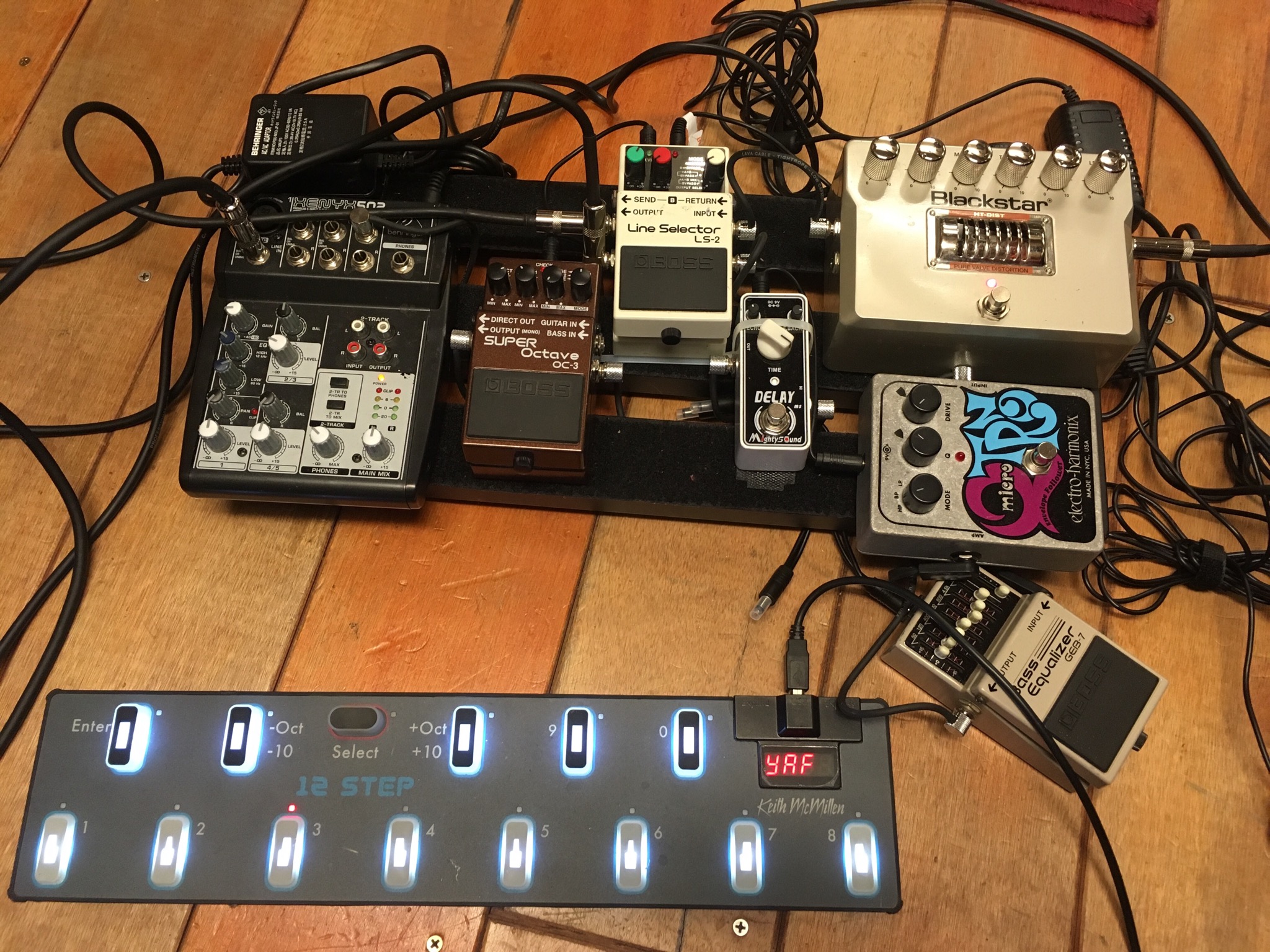I actually thought long and hard before posting my previous blog post “Things I’ve Learnt”, because if there’s one thing which isn’t lacking on the internet, it’s opinions. I try to avoid giving too many opinions on social media, so I was a bit unsure about publishing a list of things I’ve learnt in the course of my career as a performing musician.
But I’m so glad I did it, as it immediately initiated responses from some of my very favourite musicians. I’m grateful and genuinely touched that there are musicians which I respect greatly who are eager to discuss both music, and what it takes to be a performer.
It was remarkable that, although all hail from different musical and cultural backgrounds, each of them mentioned one important aspect I had failed to mention:
The Intangible Connection
“Feeling fellow musicians’ vibrations through our skin.”
“Watching our sounds, not through our eyes but using some kind of sense”
“Listening to the spirit as well as the music”
My friends have clearly thought about this deeply, and are able to touch on something intangible. They have set me thinking and I wish I could express exactly what this elusive element of music making is.
If I had to try to express it in words, I would say it is related to my previous point about listening. But it’s as though we listen so deeply that we go beyond sound, beyond just the vibrations entering our ears. Just as many of us learn to read the atmosphere in a room full of people, really opening ourselves musically to our fellow performers enables us to feel something of their musical intention and of their spirit.
And that can lead to amazing moments of deep communication. I’ve managed to feel that sense of communion in duets, in small groups, in bands playing to thousands of intently listening fans, and sometimes even stronger energy with large ensembles and symphony orchestras.
I don’t know if I can really express this intangible element of music making. But I hope we can discuss it more, as it’s really fascinating.
SOUND
Last time I backed away from discussing SOUND. I’m still a bit reluctant to get into this, because it is a huge subject, especially for tuba players.
Sound is everything.
There’s that old song, “Silence is Golden”. That is so true. Silence is one of the most beautiful, pure things we can ever experience. Silence is so good for the heart and soul. But here we are, living on a crowded planet, full of noise.
So what I want to say is, if you are going to break that silence, it had better be for a very good reason. And therefore, let’s consider the sound we are making.
I am continually trying to create the sound I hear in my mind, and I’m constantly thinking about it when I play. Of course, there are many types of sound I want to use in different situations, but in terms of my personal “voice” on the instrument, I want to play with a warm dark sound , but also with lightness in the right situation. Many things influence my sound. For instance, recently I find myself thinking of the sound of the actor Mark Rylance’s voice when I play. I wish I could have tone and phrasing like him!
That brings me on to my final point, for the time being.
Have you ever considered what your job is, in completely simple terms?
Even with the amount of careful consideration which I try to put into playing music, I often stop and remind myself of the absurdity of what it is I do. My job, indeed my life’s work, is to blow raspberries down approximately 4 metres of metal tubing. If, in the process of doing this, I manage to make the air vibrate in a certain way, it can provoke an emotional response in the listener. This can be desirable, and people can pay me money for providing this service.
Life on this planet can be truly strange and beautiful!





